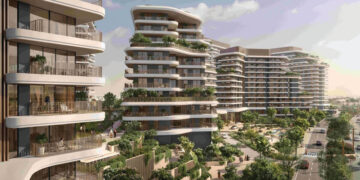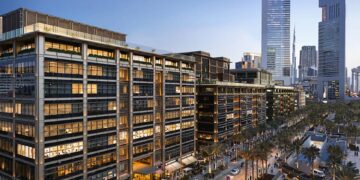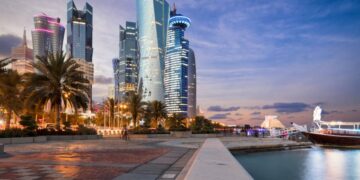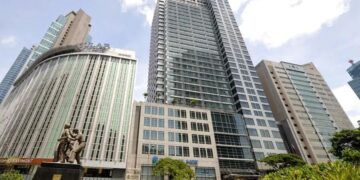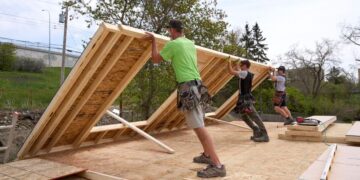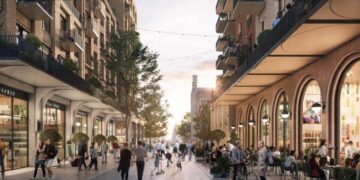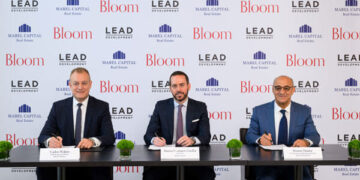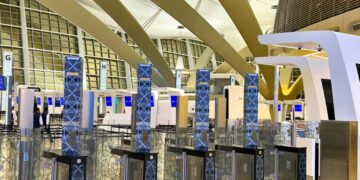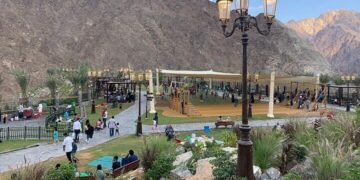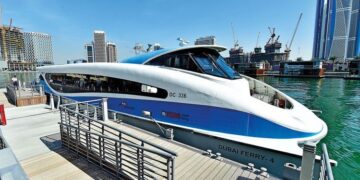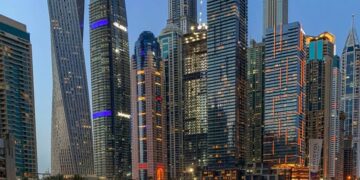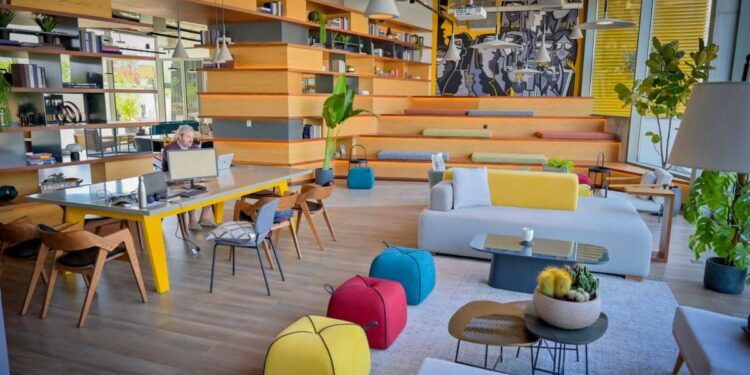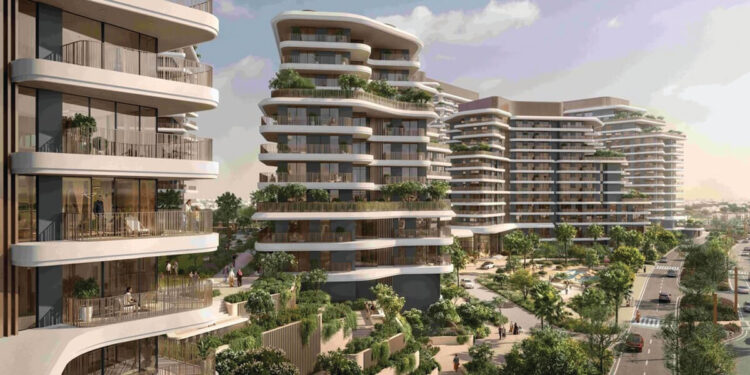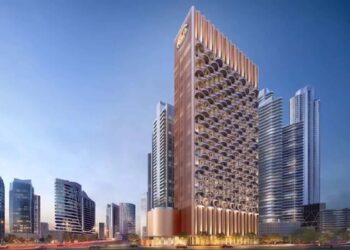Following a challenging launch in the immediate wake of the Covid phase, “co-living” possibilities in Dubai are once more competing for greater visibility with tenants.
Co-living spaces will become increasingly prevalent in the city as landlord attitudes improve at a time when prospective tenants are looking for less expensive housing, especially among the younger generation.
“With alternative work styles such as remote and flexible work accelerated by the pandemic, young professionals around the world are no longer bound to live near the office,” said Bass Ackerman, founder of Hive JVC. “As such, they are choosing to live and work from remote destinations.
“Dubai is becoming increasingly popular in this regard with top regional and international talent choosing to migrate.”
On the c-living front, Ackerman and the Hive were early adopters in the city. However, there was a period in 2020–2021 when it was thought that “co-” alternatives, whether for living or working, would suffer as a result of the pandemic, with people’s reluctance to share their homes with relative strangers.
Ackerman accepts that times were tough. “It’s undeniable that COVID-19 impacted overall rents and occupancy rates across the co-living asset class,” he added. “It’s interesting however that Cushman & Wakefield noted that in North America – one of the largest co-living markets – co-living rents and occupancy have declined in line with those in conventional Class A urban asset rents.
“For us specifically, we were fortunate that our first co-living asset, Hive JVC, only opened in January 2022 at which point the effects of the pandemic had started to wane. We have seen extremely strong demand for our product. I’d go as far as to say that if anything, the pandemic has increased the popularity of co-living as an asset class because of its key value propositions – i.e., flexibility, convenience, strong amenities, and a more social and interactive living environment which is in high demand among the younger and increasingly transient generations.”
Rules too are turning favorable
Existing and future designated co-living projects will benefit from Dubai’s rigorous new regulations regarding unapproved shared housing. These days, as part of broader efforts to stop subleasing or any other activity of this nature, information on the number of people residing in a rented property must be disclosed.
Regulations ‘help’
According to Ackerman, “Co-living assets along with short-term rental options such as holiday homes have benefitted from increasing regulatory pressure placed on co-occupation as it has effectively reduced the supply of flexible, furnished living solutions.”
All of these will aid in spreading awareness of co-living choices among the target audience. According to market sources, developers and landlords are considering building specialized co-living options in new developments. According to a developer source, “If we are creating co-working space in our projects, it makes sense to build co-living capacity too. The resident profile of the city keeps changing – and 2022 recorded some drastic ones.”
Ackerman agrees: “With alternative work styles accelerated by the pandemic, the concepts of the office and home are blending. Properties, such as Hive JVC, which have a hybrid approach with flexible living and working solutions within the same property, make a compelling offering for end-users. and generate a healthy rental premium, which is ultimately reflected in a higher yield for asset owners.”
Other landlords in Dubai are starting to get the same idea.














